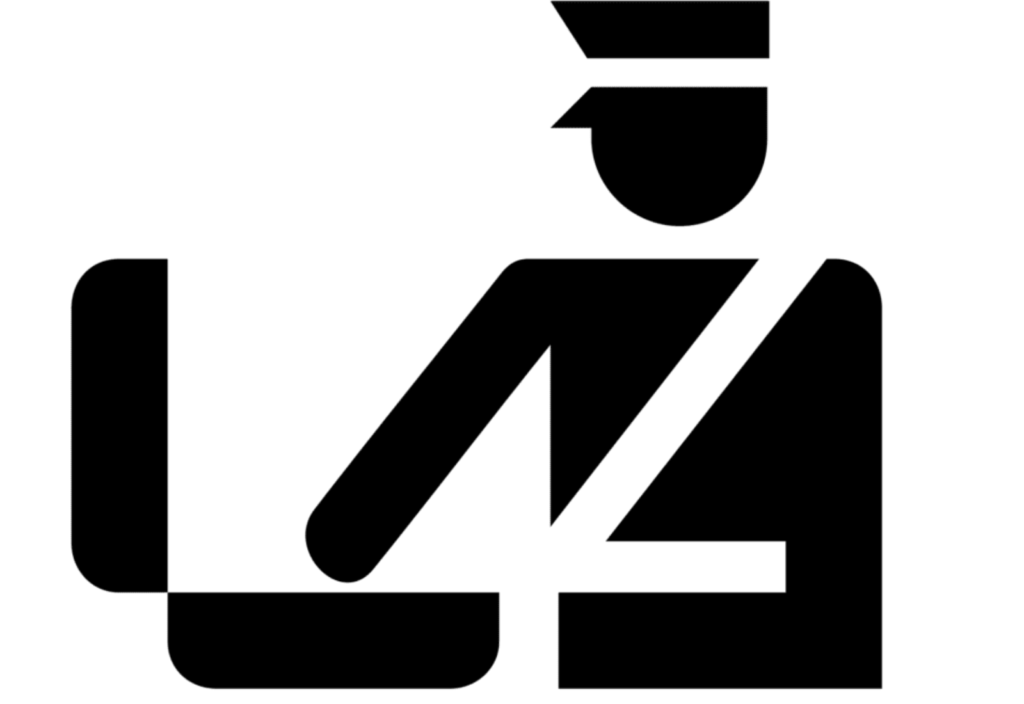If you are importing products into the United States you need to do your homework to make sure your incoming shipments comply with U.S. Customs laws and regulations. Compliance with U.S. Customs laws and regulations is critical to avoid your shipments being detained or seized, and/or penalties assessed. Common issues importers of products typically face include the following:
- Not determining proper classification and duty rate for products. If you plan to import and sell on a Delivered Duty Paid basis, you should consider customs duties in your costs and that means you should know all of your applicable duty rates before you import. Also certain products are subject to high antidumping or countervailing duties in addition to regular customs duties, which may be as high as 300%.
- Failing to mark the product with the country of origin of manufacture. Generally goods of foreign origin for import into the U.S. or immediate containers of the goods must be marked legibly and in a conspicuous location with the country of origin in English. Failure to do so accurately can result in civil and even possibly criminal penalties.
- Not properly marking wood packing material. All wood packing material for products imported into the U.S. must be properly treated and marked prior to shipping. Failure to meet the treatment and marking requirements may cause shipments to be delayed and penalties issued.
- Failing to provide complete commercial invoices. Customs regulations provide that specific data must be included on the commercial invoice for U.S. Customs purposes, including a detailed description of the merchandise, and correct value information. Omission of this information may result in improper declaration to U.S. Customs at the time of import and expose you to penalties.
- Failing to meet other U.S. Government agency requirements. Goods imported for sale in the U.S. must satisfy the same legal requirements as those goods manufactured in the United States. U.S. Customs enforces the laws of other agencies in the U.S., including, the Food and Drug Administration, the Consumer Product Safety Commission (CPSC), and the Environmental Protection Agency, in addition to others. Therefore, if toys, for example, are exported to the U.S., detailed CPSC requirements, including for testing, must be met prior to export.
- Distribution of many trademarked and copyrighted items. Items which are trademarked and copyrighted are restricted by contractual agreements that give exclusive rights to specific companies to distribute the product in the U.S. Imports of improperly trademarked or copyrighted items can be seized at the U.S. border and can subject you as the importer to penalties.
Taking the time to identify the required U.S. Customs laws and regulations for the products to be shipped to the U.S. will help you maintain seamless delivery of your merchandise to U.S. customers and avoid civil and criminal penalty exposure.

























